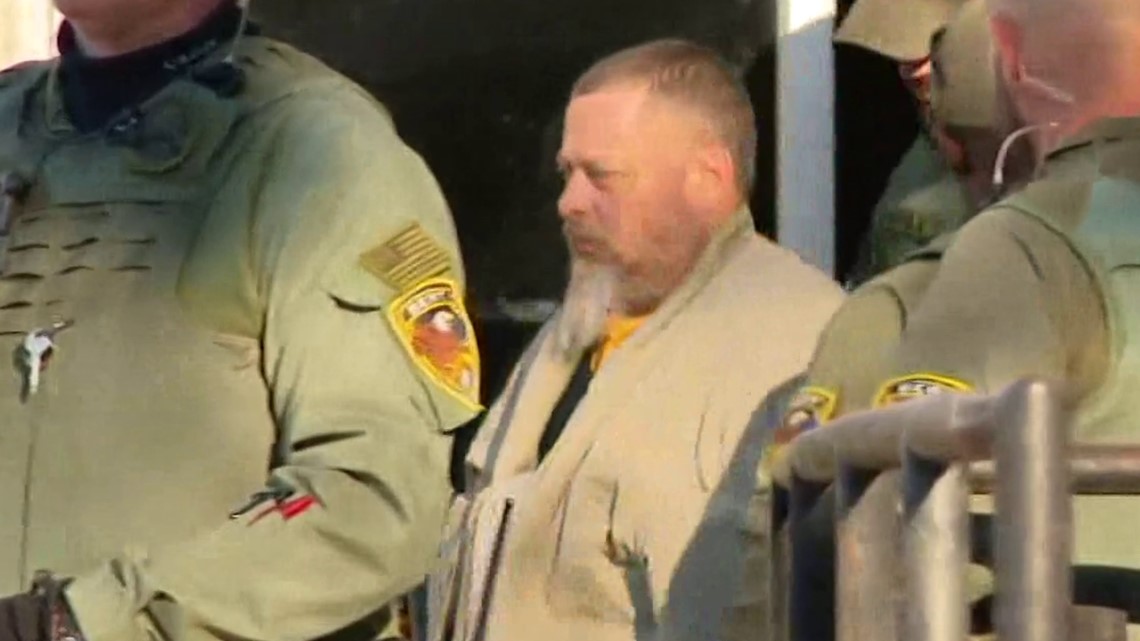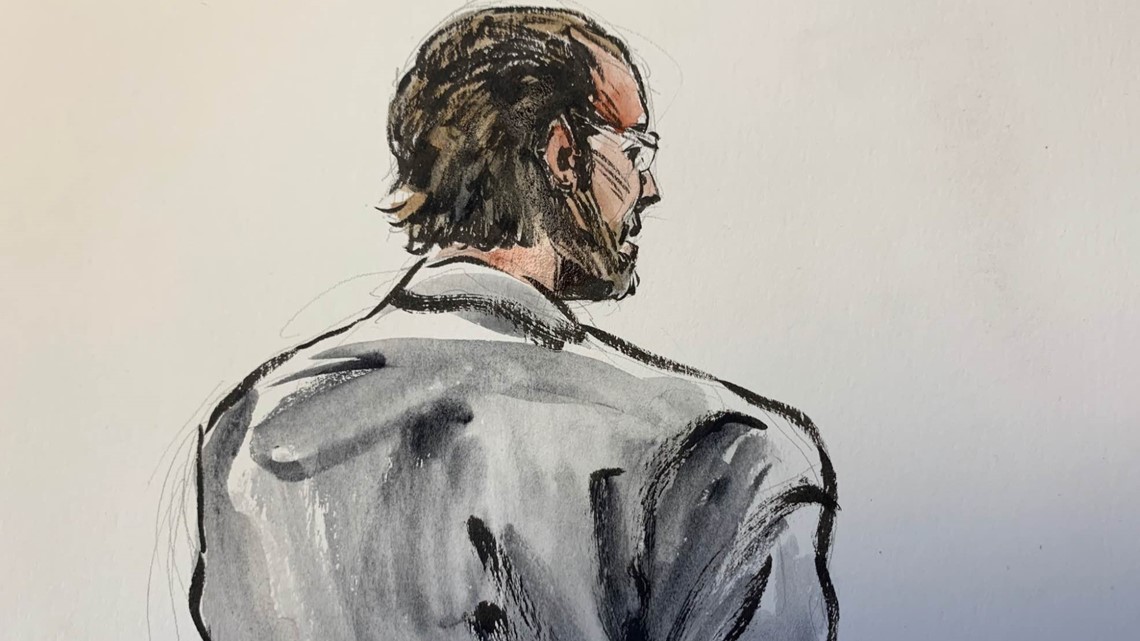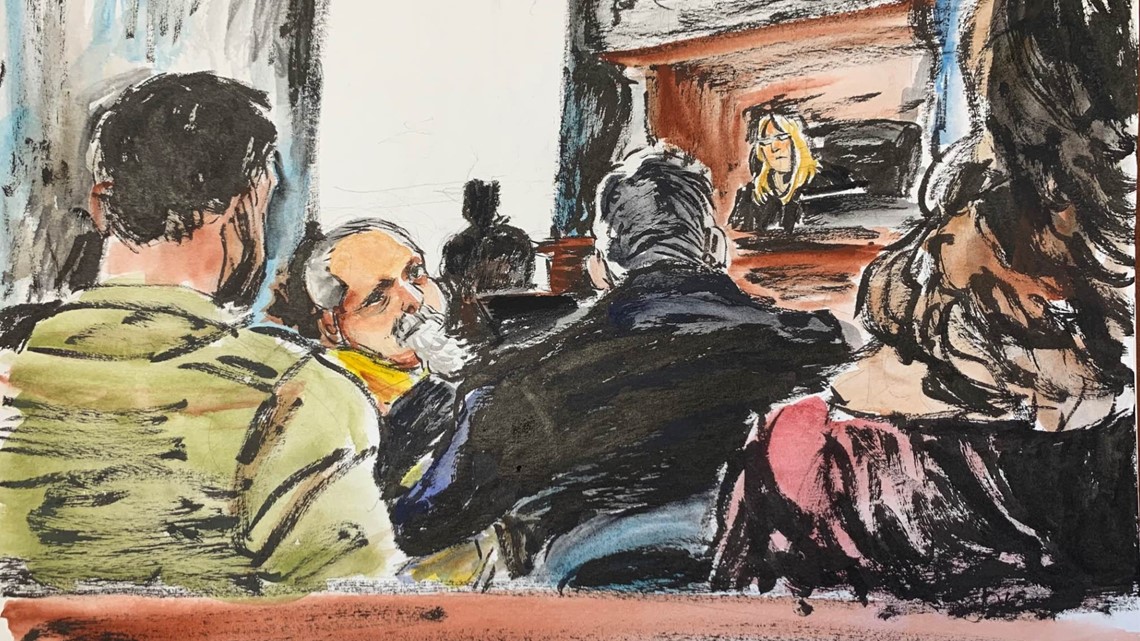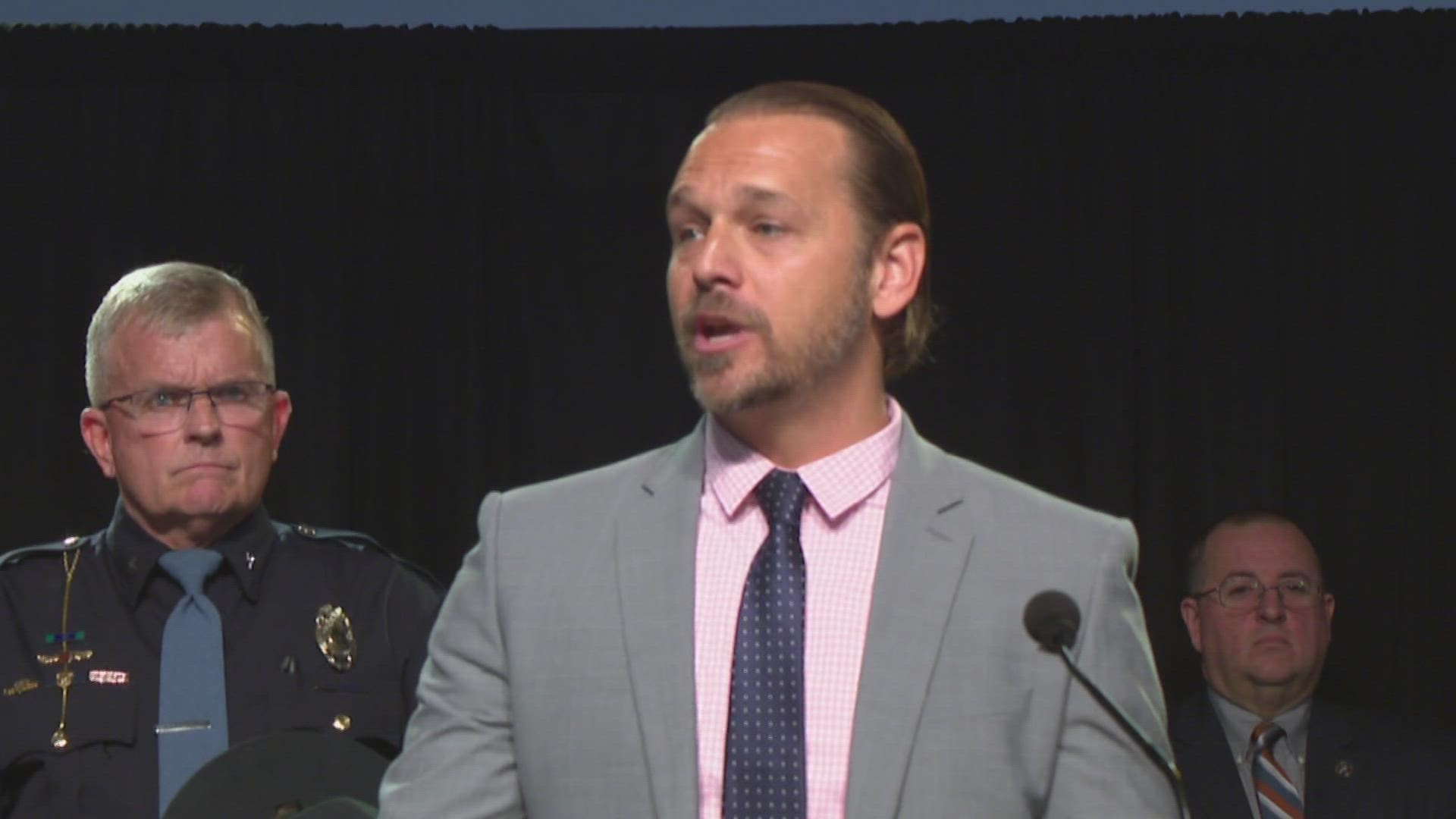DELPHI, Ind. — The prosecutor in the murder case of two Delphi teenagers is trying to reassure the public that he has "a very solid case."
Carroll County Prosecutor Nicholas McLeland issued a press release Wednesday morning, saying "we strongly believe the evidence shows Richard Allen was involved in the murder of Libby [German] and Abby [Williams]." The statement goes on to say “we believe we have very solid case against Mr. Allen and look forward to making our argument at trial.”
The prosecutor's statement is unusual, because just yesterday, he asked a judge to impose a gag order that would prohibit any attorneys, law enforcement officials, court staff, the county coroner and family members from disseminating information or releasing any statements about the case outside of court.
Judge Frances Gull has not yet ruled on that request.
Wednesday night, the judge was still considering another request by the prosecutor to keep important records in the murder case secret.
In a rare procedural move, McCleland convinced another judge to essentially seal the probable cause (PC) affidavit – a document that explains why investigators believe a defendant committed a specific crime – even before the prosecutor filed two murder charges against Allen.


The PC is almost always considered a public document, but has been sealed pending the outcome of a court hearing that took place yesterday.
At that hearing, the Carroll County prosecutor told Gull he believes Allen is not the only one responsible for the murders and that investigators want the PC to remain sealed to prevent harm to their ongoing investigation.
The prosecutor also said he thinks releasing the PC would jeopardize the privacy and safety of witnesses and contribute to what he described as “chaos” surrounding the case.
13News asked longtime defense attorney and former prosecutor Jack Crawford to review the prosecutor’s statements and the exhibits he provided to the judge during yesterday’s court hearing to determine if his arguments met the burden of proof required to keep the Allen PC excluded from public access.
Crawford said he does not think the prosecutor's comments were sufficient to justify keeping the records shielded from public view.
“The prosecutor has not met his burden of keeping these documents sealed,” Crawford told 13News. “Without that, the public in the United States of America has a right to know what judicial proceedings are going on, and what's the evidence that points to the defendants guilt or exonerates the defendant.”
Under Indiana Judicial Rule 6 for Access to Public Court Documents, an individual who wants a court to exclude a PC from public access must demonstrate by clear and convincing evidence that sealing the document would either substantially serve the public interest, prevent a significant risk of substantial public harm, or prevent a substantial prejudicial effect on ongoing court proceedings.
“I don't feel any of the three possible criteria have been established by clear and convincing evidence, which is what the state must prove in order to justify sealing the records,” Crawford said after reviewing McCleland’s arguments.


Crawford believes the judge will see that, too, requiring at least a partial release of the records that help explain why Allen was arrested.
“I think the judge will order the probable cause affidavit partially redacted. That means blacking out those parts of the affidavit that contain children's names or addresses, or witnesses addresses,” he explained. “But other than that, I don't think the judge is going to go against the constitutional protection of a public trial. This isn't something written in a statute someplace; it's in the United States Constitution that a defendant has a right to a public trial.”
The attorney also said continuing to keep the PC secret could pose significant risks to achieving justice, especially if Allen were to be convicted of the murder charges.
“If it proceeds like that, you risk a mistrial, you risk a reversal at a higher court. And if this case ever goes to a Federal court on a writ of habeas corpus, after hiding all this evidence, that court is going to throw the conviction out, and we don't want that to happen,” Crawford said. “We want justice to be obtained in this case, and we want the truth to come out. This proceeding cannot keep going on with all the cards shielded from the public.”
At Tuesday’s court hearing, Allen’s attorneys asked the judge to publicly release the PC, stating that the prosecutor’s arguments were based purely on “conjecture and speculation,” and that releasing the court document would not pose a danger to anyone.


They also said they had a chance to review the PC and referred to the evidence described in the document as “flimsy.”
“Our client is the wrong guy,” said defense attorney Andrew Baldwin.
Gull is expected to issue her order about the records sometime within the next week. She could order the PC to be released, to be kept under seal, or to be partially released with sensitive information such as witness information and details to be redacted.
McCleland provided a redacted copy of the PC to the judge at Tuesday’s court hearing for her to consider as an option.
According to the Carroll County Comet, McLeland has already requested an additional $40,000 for his 2022 budget for office supplies and witness fees and transcripts. The County Council will consider that request at its Dec. 15 meeting.
Council member Josh Plue told 13News the council discussed funding the trial at their last meeting, "but no specific budget requests or budgetary figures have been presented at this time." He said the prosecutor's office has told the council the trial could cost between $1 million and $3 million.

